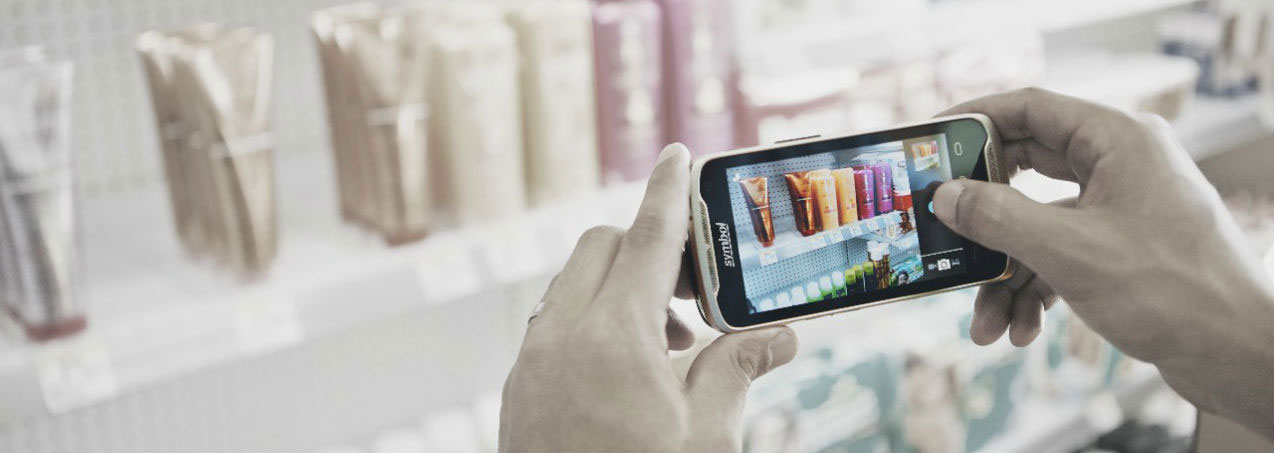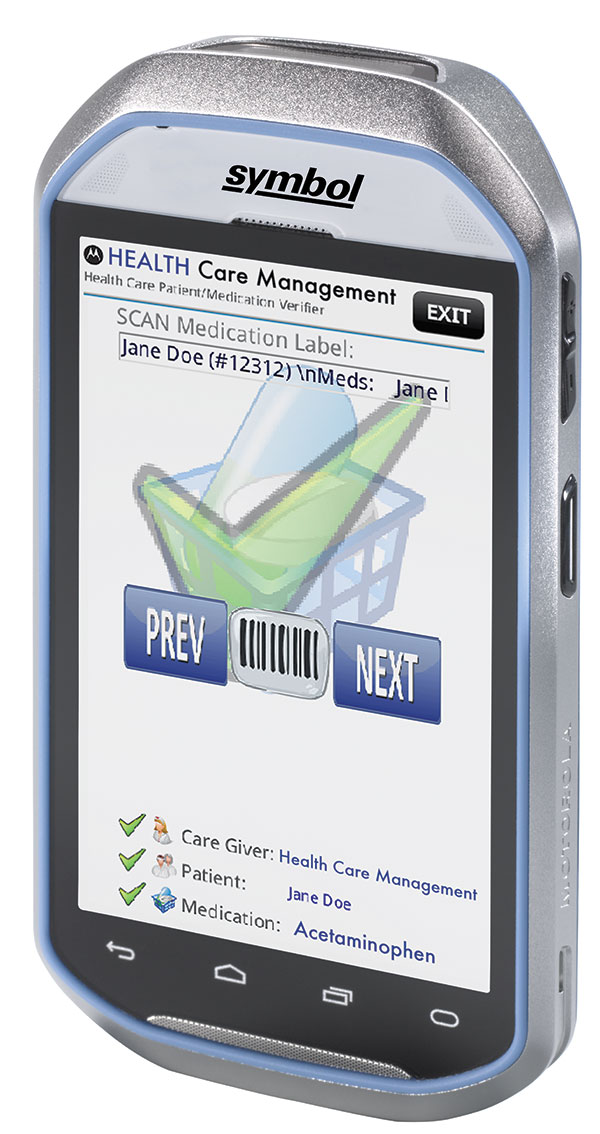Consumer devices—smartphones, tablets, and laptops—are designed for consumer use. We check our emails and social media, shop online, and manage various daily tasks.
The mobility that these devices offer has drifted into the workplace, spawning the Bring Your Own Device (BYOD) trend.
Many businesses were happy to avoid the added expense of buying mobile devices for employees, but as the line between personal and business has become hopelessly blurred, are consumer devices the right choice for the workplace?
In the ongoing debate of consumer versus rugged devices in your enterprise, the short-term savings are eclipsed by long-term cost.
Purchase price versus replacement.
While the price of a consumer mobile device seems much more appealing than its rugged counterpart, consider the reality that the failure rate is dramatically higher for consumer devices in a demanding environment.
While you can spend an extra hundred dollars on a sturdy case (be sure to add that into your cost calculation), VDC Research estimates that a consumer device will last up to 12 months in this space, while an enterprise-grade rugged device’s lifecycle is about three years.
The cost to replace that consumer device is substantially greater than the bargain price of the first unit. If you need to replace it annually, is a consumer device really a better value than a rugged mobile device?
IT time and security management.
It might appear that allowing your workers to use their personal smartphones and tablets for business is a cost-saver, but have you estimated the additional IT management time this choice incurs?
- Your IT staff must handle the on-boarding of every device that accesses your network (and, ultimately, the decommissioning).
- The more users you have, the more devices and apps that IT must oversee.
- A personal device is more likely to be infected with a virus or malware, because it doesn’t have corporate firewalls.
- As the consumer mobile device moves from work to home, there’s more risk of loss, theft, or breach.
- IT must also handle security patches and app upgrades across a broader spectrum of devices and operating systems, adding to the device management requirement.
There is then the question of who actually owns the data and information on the personal device? It is a line that can get blurred very easily and can cause problems for your company.
Productivity factors.
Rugged enterprise class devices designed specifically for commercial use don’t access app stores, so there is no way an employee can access Facebook or Snapchat (unless management decides otherwise).
Workers can’t use them to track down and capture Poké. They aren’t watching funny videos or uploading their own.
A commercial mobile computer has the sole purpose of being a productivity tool.
The VDC Research report estimated that a 2% increase in productivity delivers a return of up to $3,000 per worker, annually. You could realize that ROI with a rugged device, or factor it into the cost of choosing BYOD.
Over a five-year period, your total cost of ownership (TCO) for each consumer mobile smartphone or tablet in your enterprise is 50% higher than every rugged one.
Before you settle for the short-term savings, consider this long-term cost.
We provide rugged enterprise-class technology solutions which are purpose-built for the environments they are used in. Zebra mobile computers combine consumer styling with enterprise security, data capture, connectivity, and reliability.
Contact us to explore the ROI that Zebra rugged mobile technology can deliver to you.
Questions?
Call 800-830-9523 or
Email info@L-Tron.com

